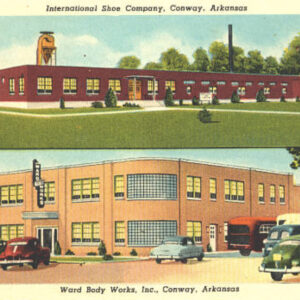 Bus and Shoe Companies
Bus and Shoe Companies
Entry Category: Business and Economics - Starting with B
 Bus and Shoe Companies
Bus and Shoe Companies
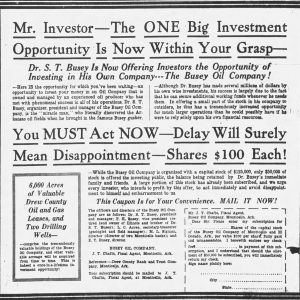 Busey Oil Ad
Busey Oil Ad
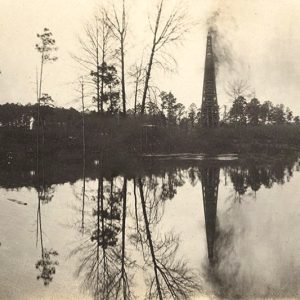 Busey Oil Well No. 1
Busey Oil Well No. 1
Busey, Samuel Thompson
Bush, John
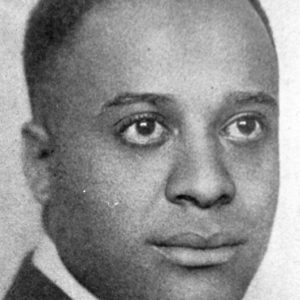 A. E. Bush
A. E. Bush
Business, Commerce, and Industry
Butchie’s Drive-In
Butler, Richard Colburn, Sr.
Butterfield’s Overland Mail Company
aka: Overland Mail Company
Button Blank Industry
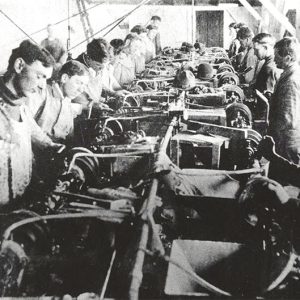 Button Factory
Button Factory
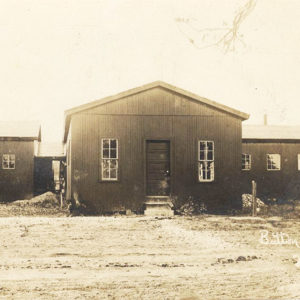 Button Factory
Button Factory




